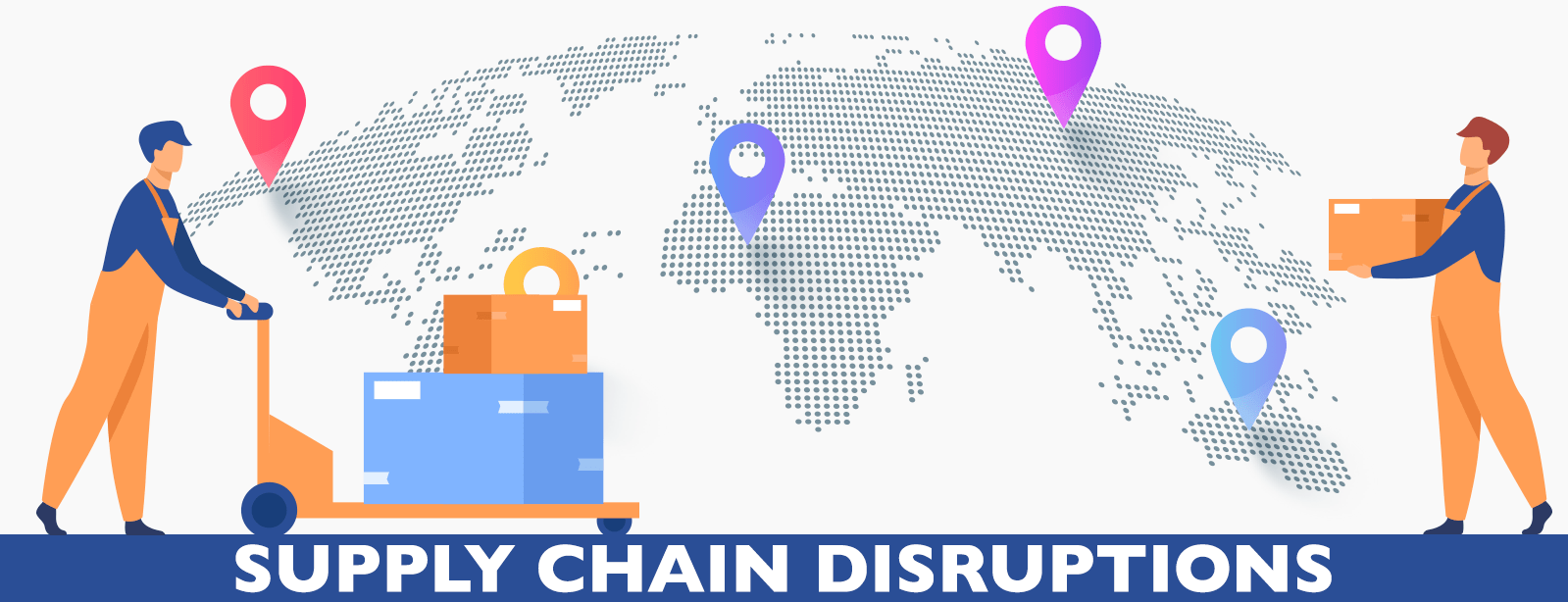In everyday life, it’s common to not be able to get the products and supplies a consumer needs due to the many supply chain disruptions our world is currently facing. No one has been untouched by the supply chain disruptions from regular everyday consumer products to...











